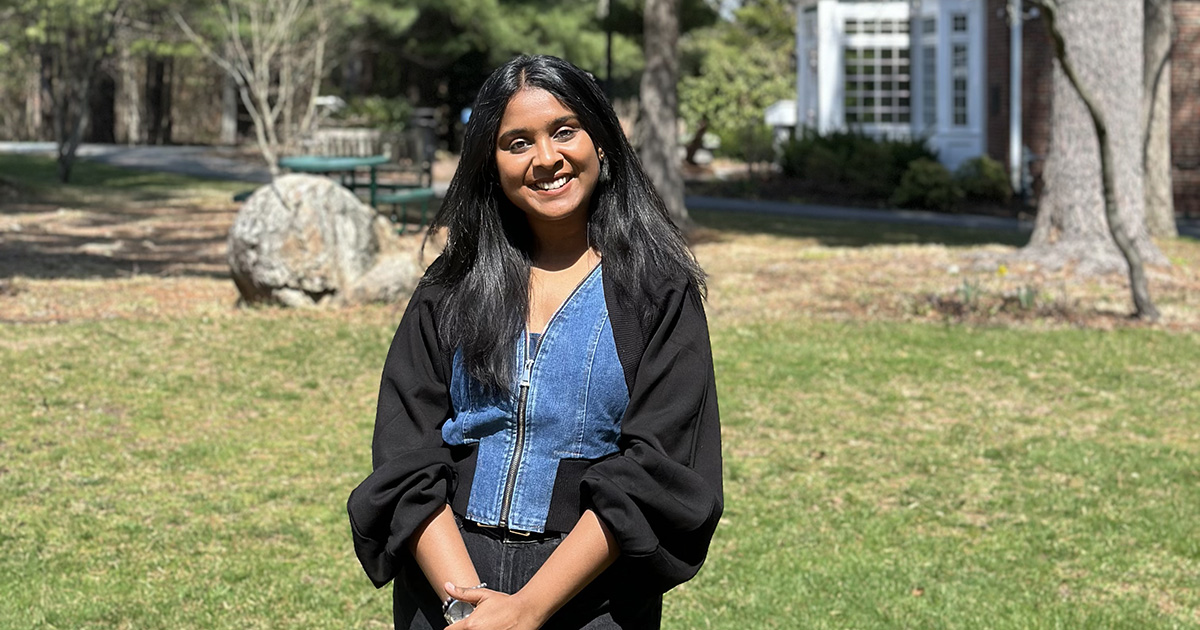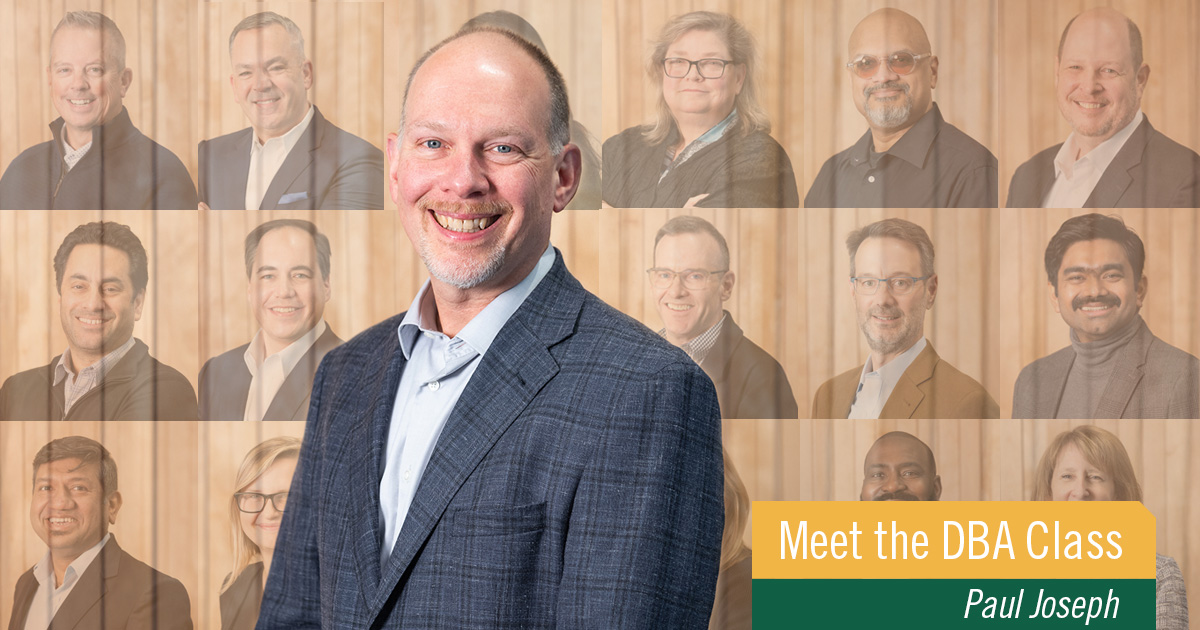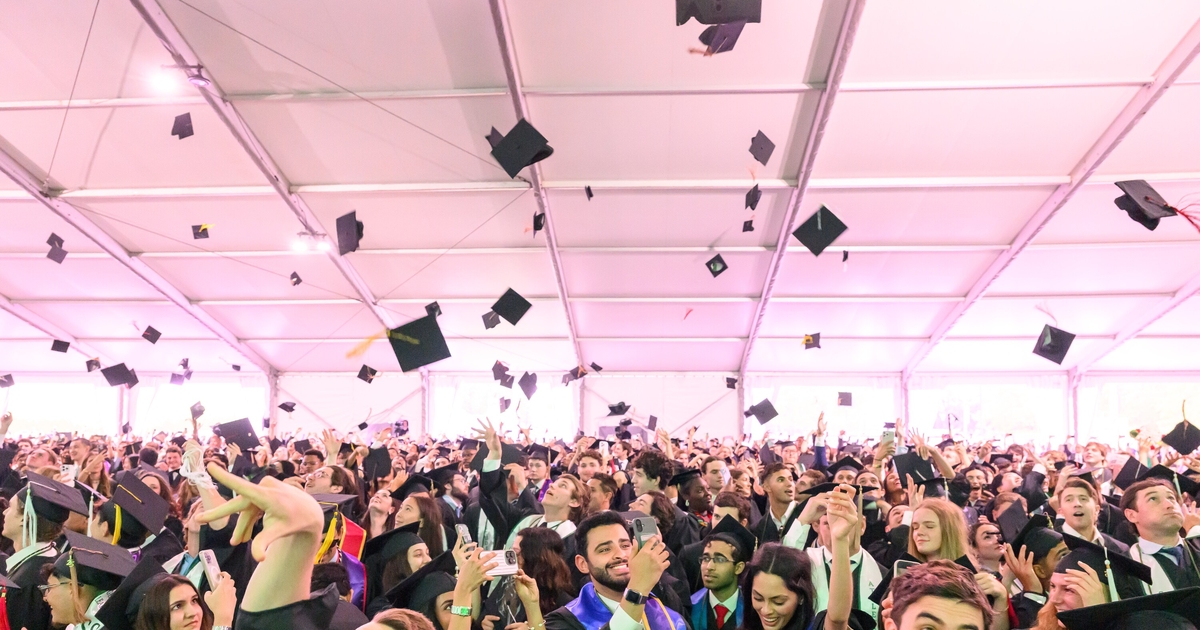Ken Matsuno: Reflecting on Leadership and Legacy at Babson College
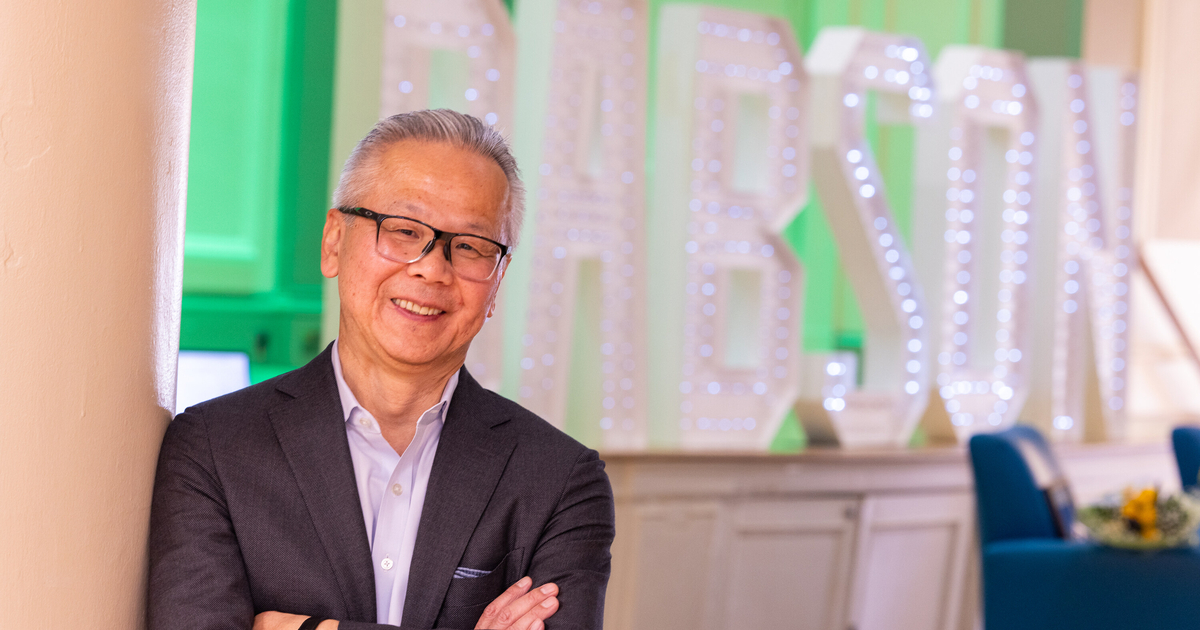
It was trial by fire, or, in this case, by pandemic, for Ken Matsuno when he became Babson’s first Murata Vice President of Academic Affairs and Dean of the College in 2020.
Shortly after taking the position, Matsuno was grappling with a global crisis never seen before in our lifetime.
“I arrived at Babson in 1996, and over the years, I thought I knew the College inside and out. But taking on the role of dean during the pandemic showed me a new side of Babson,” Matsuno said. “The pandemic was a chaotic and challenging time, but it brought out the best in our community.”
Matsuno’s position in and of itself also was a heavy lift. Having long served as a marketing professor, Matsuno became the Dean of Faculty and shortly after was asked to take on additional responsibilities once held by the dean of the graduate school, undergraduate school, and provost.
“It was an enormous responsibility, but I managed by prioritizing the critical and urgent ones and sequencing tasks and compartmentalizing issues to avoid confusion,” Matsuno said. “It’s about maintaining a balance between seeing the connections and keeping issues separate to address them effectively.”
As Matsuno completes his service in the role and returns to the faculty following a sabbatical, he shared some thoughts about his career, Babson’s progress over the last four years, and his plans for the future.
As you prepare to step down, could you share some experiences that stand out to you during your time as dean of the college?
“The resilience, collaboration, and focus we demonstrated during the pandemic were truly remarkable. We didn’t just care about the students; we also supported each other as colleagues. It was a powerful reminder of Babson’s fundamental strength, especially in times of crisis. It’s something we should be proud of and remember, not just for the challenging times but also to ensure we are equally strong during the good times.”
What were some of your biggest accomplishments as dean?
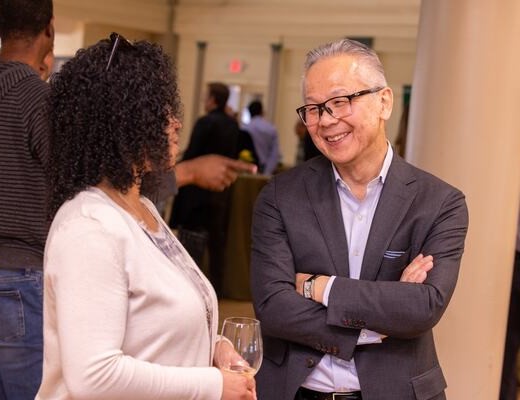
“One significant initiative was the faculty training program created during the pandemic. Nan Langowitz, our Center for Engaged Learning and Teaching’s first faculty director, led the development of the program. Instead of relying on an external service provider, our faculty members volunteered to become instructors, creating a comprehensive online teaching training program for ourselves.
“Remarkably, 95% of our faculty participated. This high level of engagement is almost unheard of, even in more traditional or top-down settings. It was a testament to the faculty’s commitment to quality education and their pride in their work. This initiative highlighted Babson’s strength in self-motivation and collaborative effort, which is a crucial part of our identity.
“Another major achievement was the establishment of the Professors of Practice and customizable workload models for faculty. These were ideas that had been discussed for over 20 years but never realized. By involving faculty leaders and ensuring comprehensive support, we were able to create these pathways for professional development for non-tenure-track faculty. This initiative required alignment among the faculty, administration, and the board, and we achieved it within a year.
“The flexible workload model, which accommodates different faculty strengths and career interests, was another accomplishment that received strong support from 80% of the faculty, showing our ability to adapt and innovate for the betterment of the institution. The leadership of Danna Greenberg and Donna Stoddard, our associate deans of faculty, was critical in this initiative.”
Babson has seen significant growth in recognition and reputation recently, most notably when The Wall Street Journal named Babson one of the top 10 colleges in the nation. How do you view this progress?
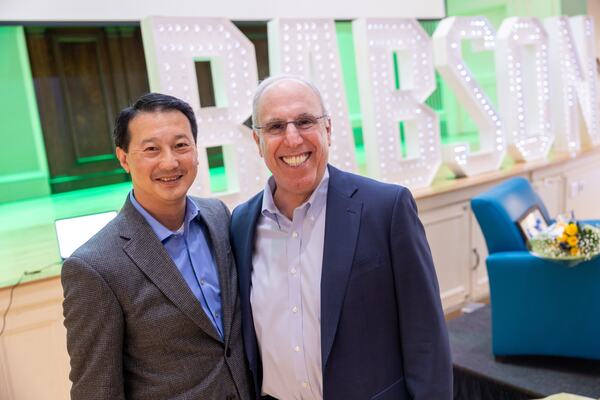
“It’s gratifying to see Babson’s growing reputation. However, it’s important to remember that reputation is a lagging indicator. It reflects past achievements rather than current or future potential. What truly matters is our substantive progress and continuous improvement. Being ranked number 10 is nice, but it’s more crucial to focus on ongoing development and not become complacent. We should strive to improve continually, ensuring that we are better prepared for future challenges.”
Reflecting on your journey, what advice would you give to yourself if you were starting as dean again today?
“I would tell my past self two key things. First, always communicate with authenticity. Early in my tenure, I used a communication prepared by someone else, and it did not resonate well because it didn’t reflect my voice. People look for authenticity, and it’s crucial to speak in your own words (and accent) to build trust and credibility. Second, have a guiding principle. For me, it was recognizing, utilizing, and supporting faculty talents to advance the College’s mission and individual growth. This simple yet genuine principle helped me navigate complex decisions and stay focused on long-term goals and impact.”
As you prepare for your sabbatical, what are your plans and goals?
“I have three main goals. First, as a scholar, I want to revise and resubmit a paper I’ve been working on for journal publication. Second, I plan to continue my work as a reviewer for business school accreditation, visiting schools in France, Colombia, and Japan. Finally, on a personal level, I’m looking forward to improving my tennis skills and, hopefully, ranking. It’s important to have goals that foster professional and personal growth.”
Posted in Community

